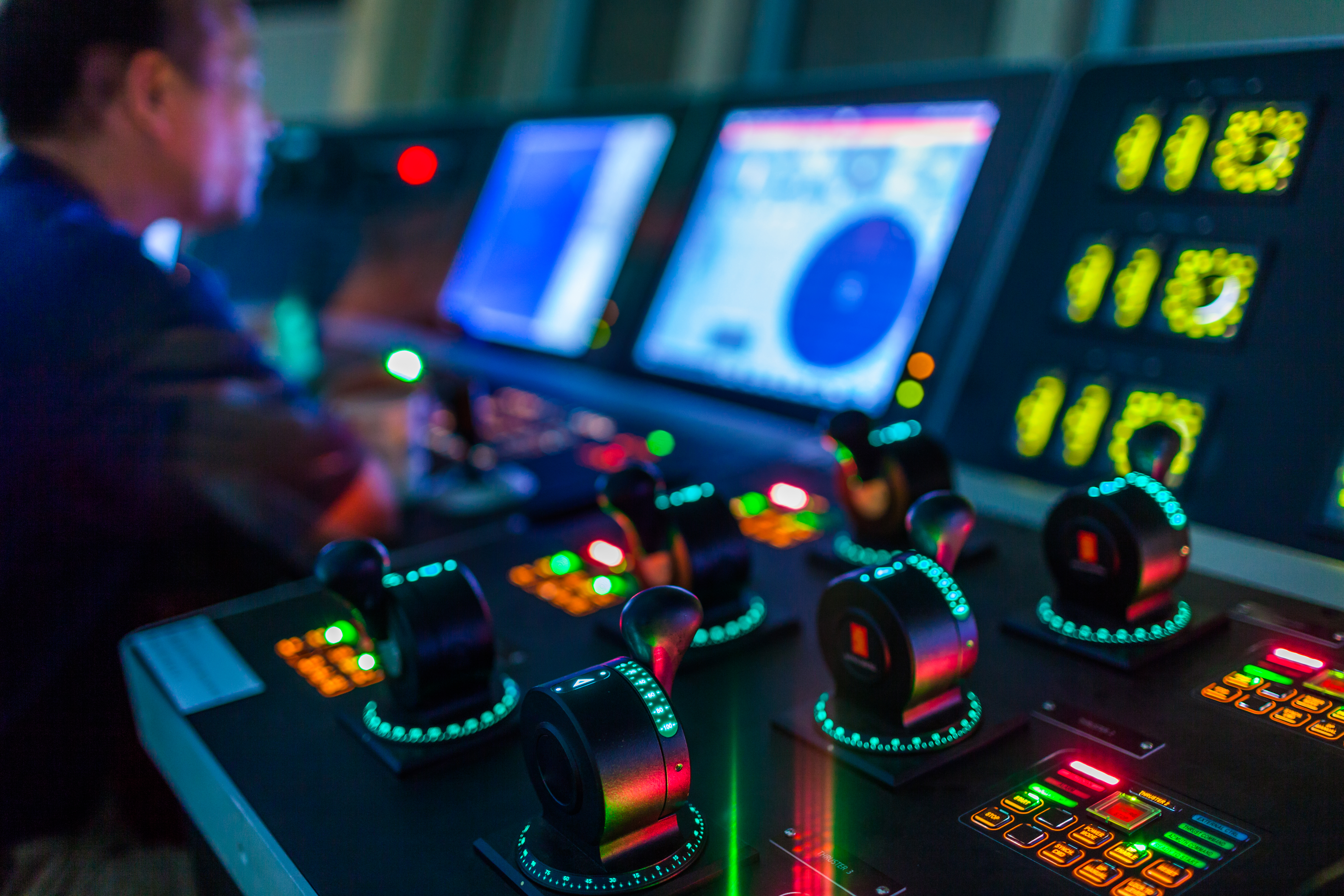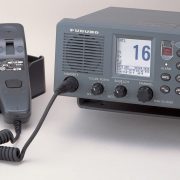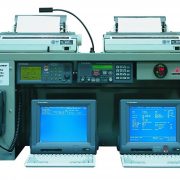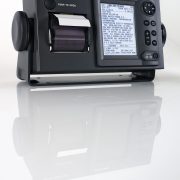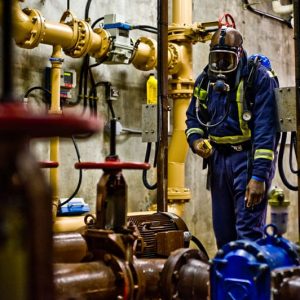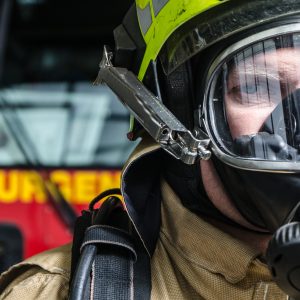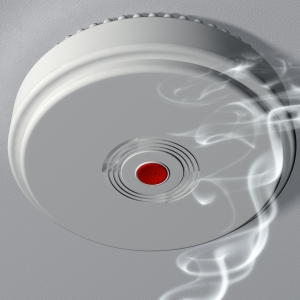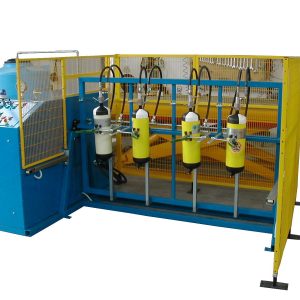Marine electronics – Communication
Maintenance certification Marine electronics – Communication
SEAS certifies, maintains, repairs, markets and installs on-board and onshore radio and communication equipment. Its qualified radio inspectors intervene on various missions:
- Visits & inspections: GMDSS, APT radios, portable radios and VHF SMDSM fixed radios, walkie-talkie, UHF.
- Programming and reprogramming of equipment: flag changes, MMSI changes, Call Sign, owners. Distress beacons, radar transponders, hydrostatic gauges. Fleet broadband, satellite communications, Sat C, V sat.
SEAS provides its customers with marine electronics engineers and qualified radio inspectors.
- Congo
- Gabon
- Senegal
- Others *
Maintenance certification Marine electronics – Communication
SEAS certifies, maintains, repairs, markets and installs on-board and onshore radio and communication equipment. Its qualified radio inspectors intervene on various missions:
- Visits & inspections: GMDSS, APT radios, portable radios and VHF SMDSM fixed radios, walkie-talkie, UHF.
- Programming and reprogramming of equipment: flag changes, MMSI changes, Call Sign, owners. Distress beacons, radar transponders, hydrostatic gauges. Fleet broadband, satellite communications, Sat C, V sat.
SEAS provides its customers with marine electronics engineers and qualified radio inspectors.
Related Products
-
Cascade system
Maintenance certification Cascade system
The Cascade Systems Control groups together maintenance, troubleshooting, repair, adjustment, overhaul, control and verification of compressors, liner, cylinder, rack, flexible, and pressure reducers. Beyond regulatory standards, a properly maintained respirator can save lives and property. The devices must be cleaned and maintained only with suitable products so as not to disturb their operation. Cascading systems are subject to annual verification Equipped with test device, air compressor with air quality controlled online, and test bench, but also approved by ABS, Bureau Veritas, DNV GL, Lloyds Register our technicians perform their tasks according to the standards and in accordance with IMO and SOLAS requirements. -
Insulating breathing apparatus – EEBD
Maintenance certification Insulating Breathing Apparatus (EEBD)
Respiratory protective devices (ARI), leakage and evacuation devices are subject to annual verification. SEAS technicians carry out checks equipped with test apparatus, air-cooled air compressor with air quality controlled online and test bench. SEAS's intervention includes maintenance, troubleshooting, repair, adjustment, overhaul, control and verification tasks. Only products specially adapted for the maintenance of breathing apparatus are used.- Standards and Repositories: IMO et SOLAS
- Approved: ABS, Bureau VERITAS, DNV-GL, Lloyds Register.
-
Fire detection
Maintenance certification Fire Detection
SEAS carries out certifications and maintenance services for mobile fire extinguishers (water, CO2, powder), fixed extinguishing means (RIA, NOVEC, FM200, NITRO, Co2, INERGEN) and detection units.- Partners: SICLI, DESAUTEL, CHUBB, KIDDE, TYCO, SIEMENS and ALLIANZ Insurance
- Approved: ABS, Bureau VERITAS, DNV-GL, Lloyds Register
- Standards & repositories: IMO et SOLAS.
-
Hydraulic system re-testing
Maintenance certification Hydraulic system re-testing
SEAS certified technicians perform hydraulic tests for the periodic requalification of pressure capacities: bottles, tanks, cylinders.

